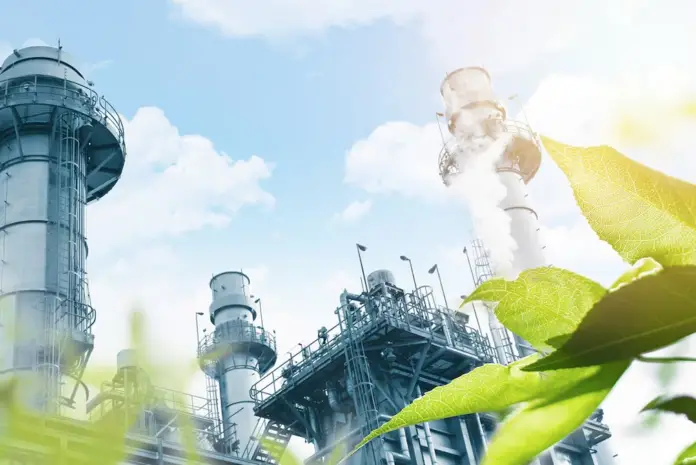Mexico only has approximately 2.4 days of natural gas storage, making the country vulnerable to potential political pressure from President Donald Trump, according to experts consulted by El Financiero.
“In a span of seven years, the United States went from being an irrelevant supplier of LNG to the world’s largest, and will expand its production capacity by 60 percent in the first half of Donald Trump’s second presidency,” according to a BloombergNEF estimate.
Thus, by the end of the decade, nearly one in three tankers transporting this super-cooled fuel will originate in the United States, giving Trump his best chance of achieving the energy dominance he promised in his campaign, the analysis predicts.
“At the beginning of the millennium, the United States was short on gas. It used to generate less than 15 percent of the country’s energy, but has now more than doubled its natural gas production to more than 100 billion cubic feet per day, and now supplies 41 percent of the country’s electricity,” BloombergNEF noted.
How important is natural gas to Mexico?
In contrast, Mexico depends on U.S. natural gas. In 2024 alone, the country imported 6.408 billion cubic feet per day (MMcfd) of U.S. natural gas, its highest level ever, while domestic production reached 4.572 billion cubic feet per day, its lowest level in the last 21 years.
The Mexican Institute for Competitiveness (IMCO) considered the country to be especially vulnerable to this situation, since more than 60 percent of electricity generation depends on natural gas.
“The infrastructure for this fuel is essential for Mexico’s energy security; however, Mexico lacks storage for this fuel, a situation that leaves us vulnerable to potential supply interruptions,” the think tank noted.
In Mexico, there are only three private liquefied natural gas tanks located at the Altamira, Ensenada, and Manzanillo terminals, according to the study “Natural Gas: Ally of the Energy Transition and Promoter of Development and Prosperity,” prepared by IMCO in partnership with the Mexican Natural Gas Association (AMGN).
Mexico tried to “bet” on natural gas
Although in 2018, the Ministry of Energy published the “Public Policy on Natural Gas Storage” with the aim of facilitating the development of sufficient storage infrastructure to ensure Mexico had strategic and operational natural gas inventories and reserves, this project was not followed through.
“At that time, the goal was set to have five days of inventories by 2026 with projected demand for 2029, which would require an investment of between $428.3 and $2.594 billion,” the think tank emphasized.
Eva Ribera, general manager in Mexico for ContourGlobal, noted that Mexico has large reserves of natural gas, yet it does not exploit them because the United States sells the cheapest gas in the world.
“All countries need natural gas storage to guarantee national energy security; however, these are investments that must be promoted by the public sector, not only for fear of being shut off, but also due to weather conditions,” she said.
Sergio Romero, VP of regulation and public affairs at Sempra Infrastructure, noted that energy exchange between the United States and Mexico is increasing, and that the country could even become a global hub for re-exporting natural gas from the South Texas basins to Europe or Asia.
“Regarding President Trump’s tariff policy, I believe the energy issue doesn’t fit into this logic, since the United States has an energy surplus, exports more than it imports from Mexico, and 70 percent of the natural gas consumed in the country comes from there,” he said.
Meanwhile, Juan Acra, president of the Mexican Energy Council (COMENER), considered that, in the face of this type of trade conflict, the country must draw up a roadmap to reduce its dependence on US natural gas.
“In France or the US, they have 60 to 90 days of gas storage, and here, we have practically none, so we must relaunch our model and reduce imports,” he stressed.

Source: elfinanciero




